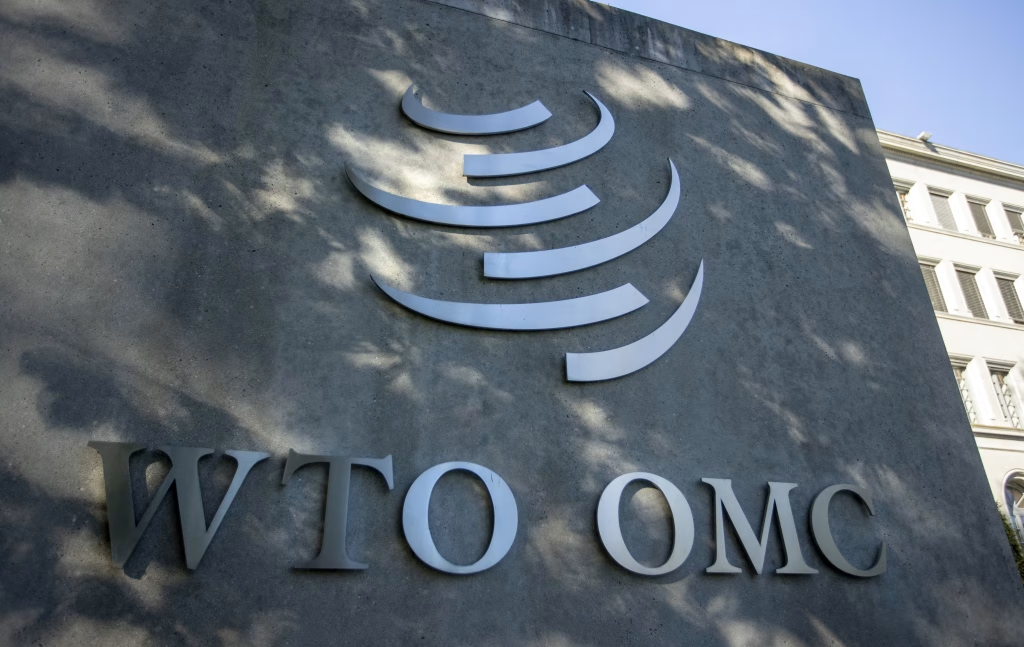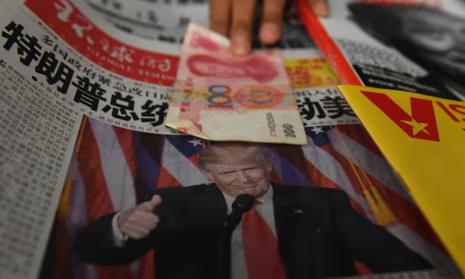China has strongly condemned the sweeping tariffs imposed or threatened by US President Donald Trump, warning at a World Trade Organisation (WTO) meeting on Tuesday that such measures risk driving inflation, distorting markets, and even triggering a global recession.
Since returning to office on January 20, Trump has imposed an additional 10 percent levy on Chinese goods entering the US. He has also signed executive orders for new 25 percent tariffs on steel and aluminium, set to take effect on March 12. On Tuesday, he further revealed that upcoming duties on imported cars would be around 25 percent, with details expected by April 2.
“The world faces a series of tariff shocks,” said Li Chenggang, China’s ambassador to the WTO, at the first General Council meeting of the year.
Li warned that these tariffs were fueling economic uncertainty, disrupting global trade, and posing a serious threat of inflation and recession. He also accused Washington of undermining the multilateral trading system with its unilateral approach.

Punitive tariffs on countries with high trade surpluses with the US have been central to Trump’s economic policies. While he has temporarily paused 25 percent tariffs on Canada and Mexico—after both pledged stronger action on fentanyl trafficking and undocumented migration—he has moved forward with levies against China.
In retaliation, Beijing has imposed its own tariffs, targeting US coal and liquefied natural gas exports.
Li called on Washington to withdraw the tariffs and commit to “multilateral dialogues based on equity, mutual benefit, and mutual respect.”
A Geneva-based trade official said the US responded by raising concerns about China’s economic practices, particularly its state-controlled approach and alleged breaches of WTO rules.
WTO Director-General Ngozi Okonjo-Iweala urged all 166 member nations to remain calm and engage in meaningful discussions.
“The world has changed. We cannot come here to continue doing the same things we’ve been doing,” she said, encouraging countries to use the current trade tensions as an opportunity to push for long-overdue WTO reforms.
The organisation is also working to upgrade its tariff analysis database, with the new version set to launch on March 4.
The General Council meeting continues on Wednesday, as trade tensions between the world’s two largest economies show no signs of easing.


